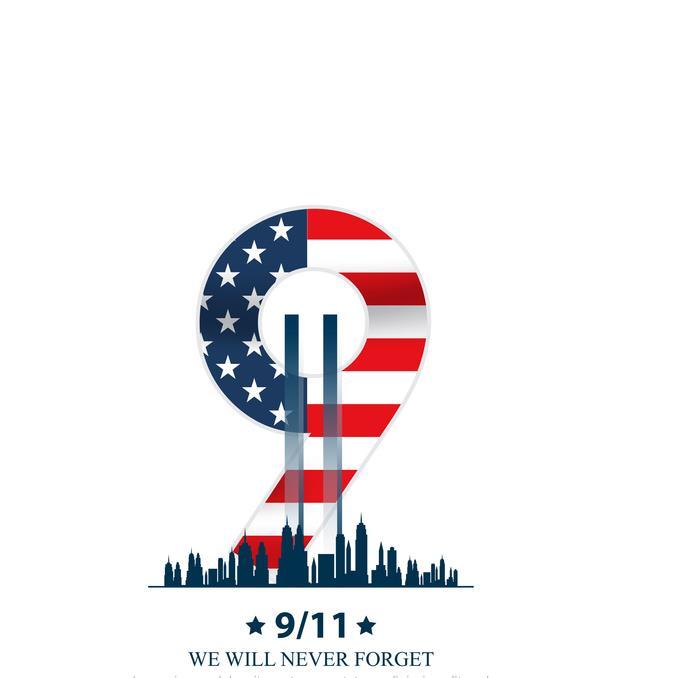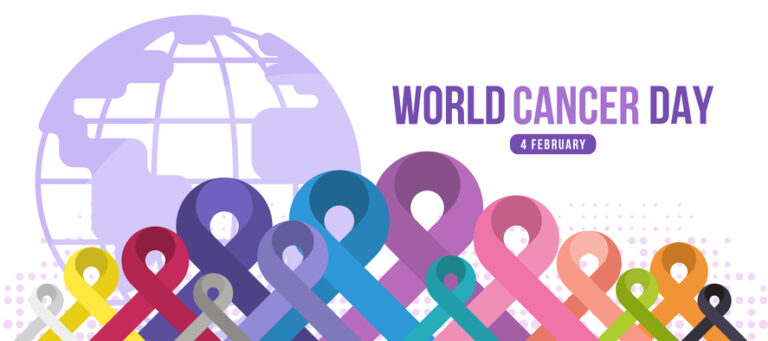Wise Giving Wednesday: 21st Anniversary of 9/11

Last year, Wise Giving Wednesday featured a number of fundraising lessons that emerged from the solicitation activities that took place immediately following that dreadful terrorist attack 21 years ago. For this 9/11 anniversary, we would like to identify some additional insights that 9/11 brought to the charitable sector.
Communication and Networking
In the wake of a major tragedy or disaster, it is vital for charities to be able to quickly identify immediate and emerging needs so they can be addressed as soon as possible. In the 21 years since 9/11, there have been significant communication advances. While mobile phones were prevalent two decades ago, today smartphones dominate and provide the ability to exchange a large amount of data in the blink of an eye. The existence of better technology, however, is not a guarantee that charities will be able to communicate more effectively. After the 9/11 strike on the World Trade Center, telecommunications infrastructure problems as well as the lack of disaster communications plans impeded early efforts to assess needs and coordinate recovery efforts. To help address this problem, the Human Services Council of New York has since developed a disaster preparedness alert system, an emergency plan template, a disaster resilience working group, and disaster resilience trainings for nonprofits as a framework for assisting New Yorkers after a major disaster.
Disaster planning is an important part of risk management. Nonprofits in any city, including New York, would be well advised to develop and regularly update disaster response and recovery plans. Nonprofit staff members and operations can be deeply affected by disasters, and communications can be disrupted in unanticipated ways. Having easily accessible business continuity plans and established networks to reach employees, board members, government leaders, and funders can be tremendously helpful when emergencies occur.
Identify Needs Before Raising Funds
Last year, Wise Giving Wednesday identified the importance of appeal clarity for those raising funds immediately following a disaster. Since donations must be used for purposes spelled out in solicitations, charities sending out disaster appeals should be careful to use language about the use of funds that will be broad enough to include anticipated needs, but specific enough to avoid misleading donors into thinking they will be providing services they will not.
Within days after 9/11, a multitude of fundraising efforts emerged from charities and other entities seeking to help, but quite a few of them had no announced description other than “helping the victims and their families.” A survey of 9/11 charities completed in 2003 by the Education and Research Foundation of BBB of the Metropolitan New York (An Analysis of Survey Response Information About Funds Raised and Services Provided by 9/11 Related Charities) showed that “many organizations raised 9-11 relief money before deciding how it would be disbursed.” On the other hand, donors were seeking ways to provide immediate help, but it took some time to verify the actual needs of victims and the community itself. For additional insights about disaster relief donor expectations, see the 2019 Give.org Donor Trust Special Report on Disaster Relief Donor Expectations.
Long-Term Relief Issues
While disasters and tragedies occur quickly, the needs don’t disappear when the headlines do. Emergency needs are only one phase of disaster assistance. Most also have long-term issues ranging from structural repairs, displaced individuals, negative health impacts, employment losses and other community challenges. Donors that seek to provide help should also keep this in mind as they make future giving decisions.
The charity lessons from 9/11 are especially relevant today as floods, wildfires and other disasters appear to be taking place with increasing frequency. We hope relief and community organizations will further strengthen their abilities to address them.
Video of the Week
As part of our Building Trust Video Series, we are pleased to revisit a video featuring an interview with Andrea J. O’Neill, Executive Director, Lupus Research Alliance (a BBB Accredited Charity) which seeks to find better treatments and support medical research to ultimately prevent and cure systemic lupus erythematosus (SLE or lupus), a debilitating autoimmune disease.
Heart of Giving Podcast
For this week’s Heart of Giving Podcast, BBB Wise Giving Alliance offers Part 2 of its Powerful Black Women Giving Back series. This edition features clips of previous interviews with Helene Gayle, MD, President of Spelman College, Una Osili, Ph.D., Associate Dean for Research and International Programs at the Lilly Family School of Philanthropy, and Angela Williams, President & CEO of United Way Worldwide.
Recent Reports
We are always working with charities to publish or update reports for donors. Visit Give.org or local BBBs to check out any charity before giving. Our recently evaluated charities include:
Finally, remember to let us know by going to www.give.org/charity-inquiry if you are interested in seeing a report on a charity not on the list and we will do our best to produce one.


